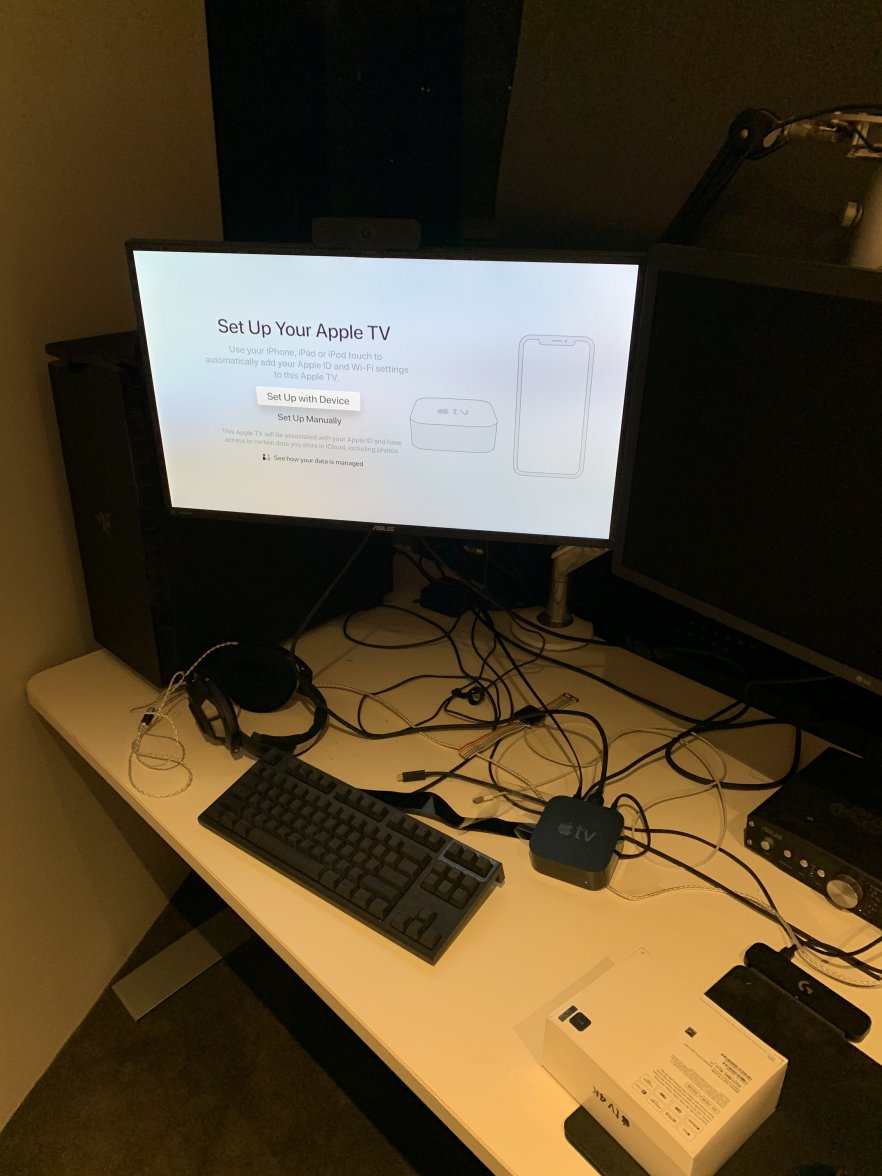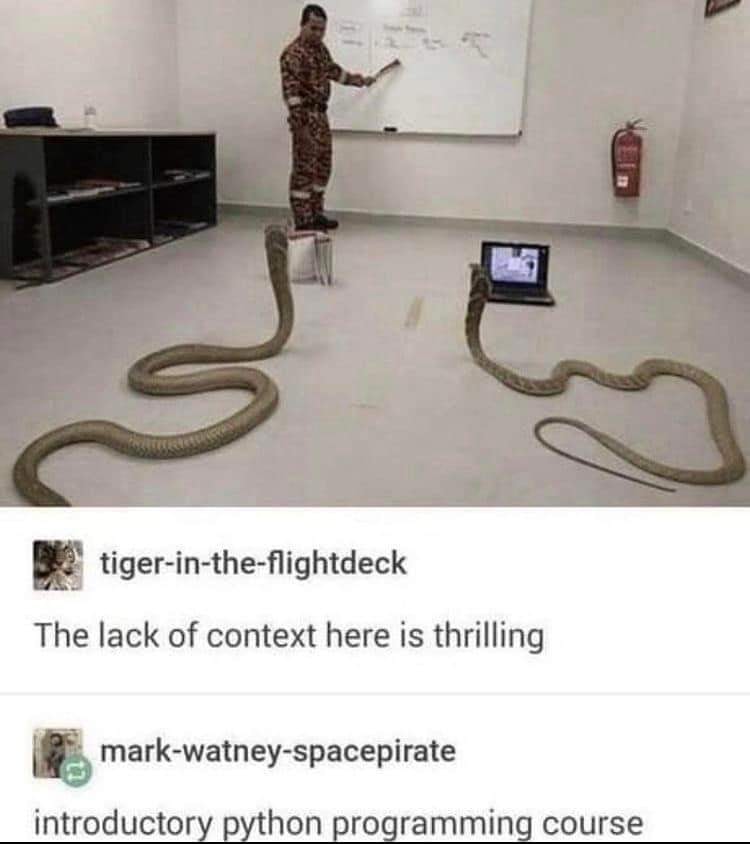dsio
··Ash @ ΩFI hate programming in general but Swift, node.js, a bit of PHP, C and some others have been unavoidable.
I used to be a RedHat guy for the longest time, switched to Mac in 2011 after getting sick of dealing with bad Nvidia drivers and haven’t looked back.
This is my setup in the office, MBP and a pair of 5K Ultrafines which make programming and server work a lot easier on the eyes.
Realforce PFU 2 LE keyboard with Topre silenced switches which makes it easy on the fingers. This is the way.
I used to be a RedHat guy for the longest time, switched to Mac in 2011 after getting sick of dealing with bad Nvidia drivers and haven’t looked back.
This is my setup in the office, MBP and a pair of 5K Ultrafines which make programming and server work a lot easier on the eyes.
Realforce PFU 2 LE keyboard with Topre silenced switches which makes it easy on the fingers. This is the way.


